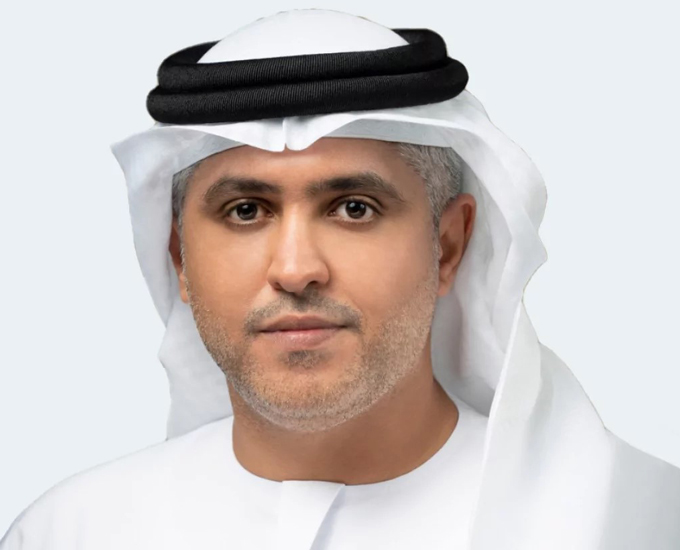 Mansour AlMulla
Mansour AlMulla
ADQ, a global sovereign investor, has signed a deal with Finnforel, a leading Finnish aquaculture technology firm, to explore the feasibility of a land-based fish farming facility with a capacity of 3,000 tonnes per year in the UAE.
The planned facility will be strategically located within Kezad’s dedicated zone for aquaculture and related industries, featuring dedicated infrastructure, utilities and connectivity.
Under the terms of the agreement, it is expected that ADQ and Finnforel will collaborate with the aim to cultivate rainbow trout, a cold-water fish species and popular alternative to salmon, in the UAE by utilising recirculating aquaculture systems (RAS). These systems employ advanced biofiltration systems to allow control of all essential environmental factors and ensure stable, safe and clean indoor conditions, while efficiently recirculating and reusing water within a closed system, ensuring zero biowaste and wastewater. The usage of recirculating aquaculture systems facilitates year-round fish production, irrespective of external environmental conditions.
Recirculating aquaculture systems
Upon satisfactory conclusion of the feasibility stage, the development of the fish farming facility would mark the inaugural large-scale implementation of recirculating aquaculture systems in the UAE, representing a significant milestone for the food and agriculture sector. The facility will be modeled after Finnforel’s unique indoor aquaculture concept.
Founded in 2015, Finnforel is an innovative aquaculture technology company that currently operates two recirculating aquaculture systems facilities in Finland with a total production volume of three thousand tons per year. Through a high degree of vertical integration from hatchery to farming and packaging, Finnforel achieves significant efficiency and scale, and is seeking to multiply its capacity through global expansion by 2032.
Mansour AlMulla, Deputy Group Chief Executive Officer at ADQ, said: “Our collaboration with Finnforel exemplifies our commitment to harnessing state-of-the-art technology to facilitate the expansion of local food production capabilities in Abu Dhabi. With imports currently catering to the vast majority of the demand for protein in the UAE, our focus is to work towards closing supply gaps by introducing a new way of cultivating high-quality seafood that is cherished for its nutritional value.”
Food security
Pekka A Viljakainen, Co-Founder and Chief Executive Officer of Finnforel Group, said: “The current global realities are heightening our awareness of the critical importance of food security. In the foreseeable future, it will become imperative for every nation to ensure the local production of most of their consumed food, including fresh fish. Finnforel’s mission is to build a network of local facilities based on our tried-and-tested vertically integrated concept; an endeavor which must be pursued sustainably and with environmental responsibility.”
According to the UN Food and Agriculture Organisation (FAO), aquatic foods constitute 15% of the world’s animal protein intake. Global apparent consumption of aquatic foods per capita amounted to 20.6 kilogrammes in 2021, having more than doubled over the past 60 years. FAO projects that consumption will increase by a further 12% by 2032. In 2022 and for the first time in history, global aquaculture surpassed capture fisheries as the main producer of aquatic animals, with aquaculture production reaching an unprecedented 94.4 million tonnes.
Academics estimate that aquaculture production must increase nearly 60% above its 2018 production to supply the amount of seafood for the projected 2050 global population. Already today, aquaculture contributes over 57% of aquatic animal products used for direct human consumption. Aquaculture stands as the fastest-growing sector in global food production, with the global aquaculture market valued at $204 billion in 2020 and projected to reach $262 billion by the end of 2026.
Approximately 70% of the total seafood consumed in the UAE is currently imported, with the total volume of salmon imports alone amounting to 10,000 tonnes per year.--TradeArabia News Service
